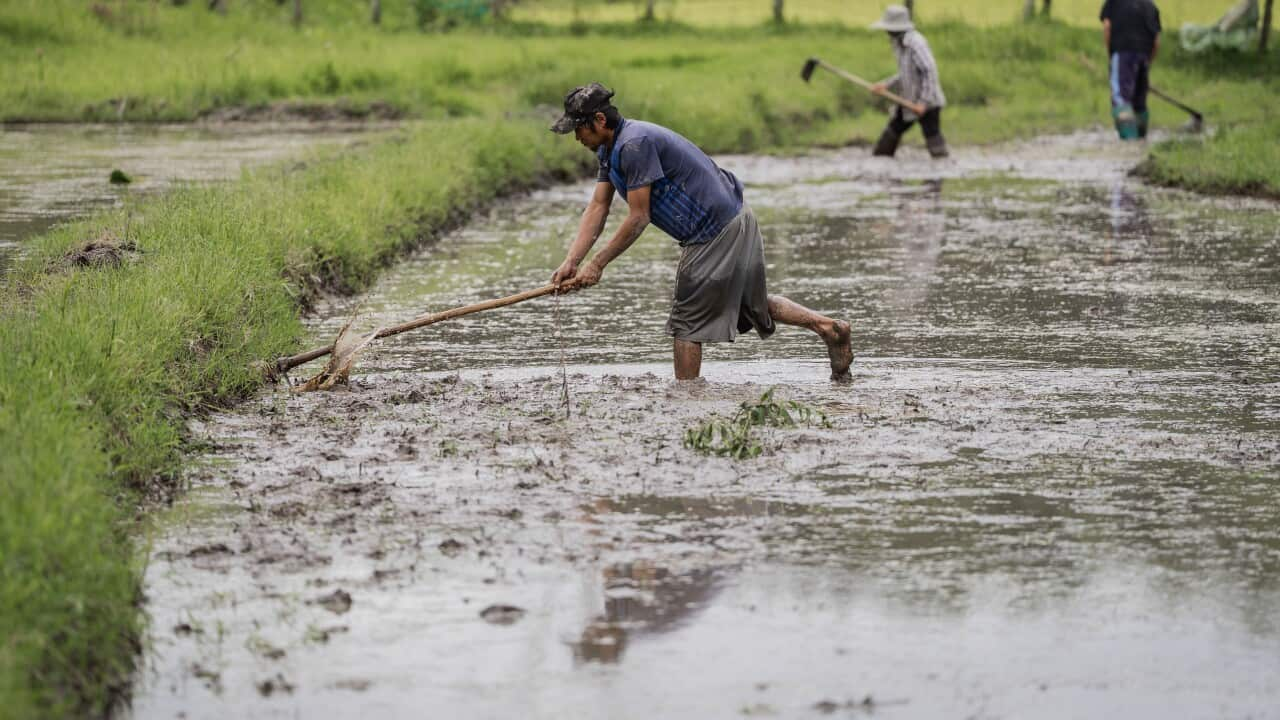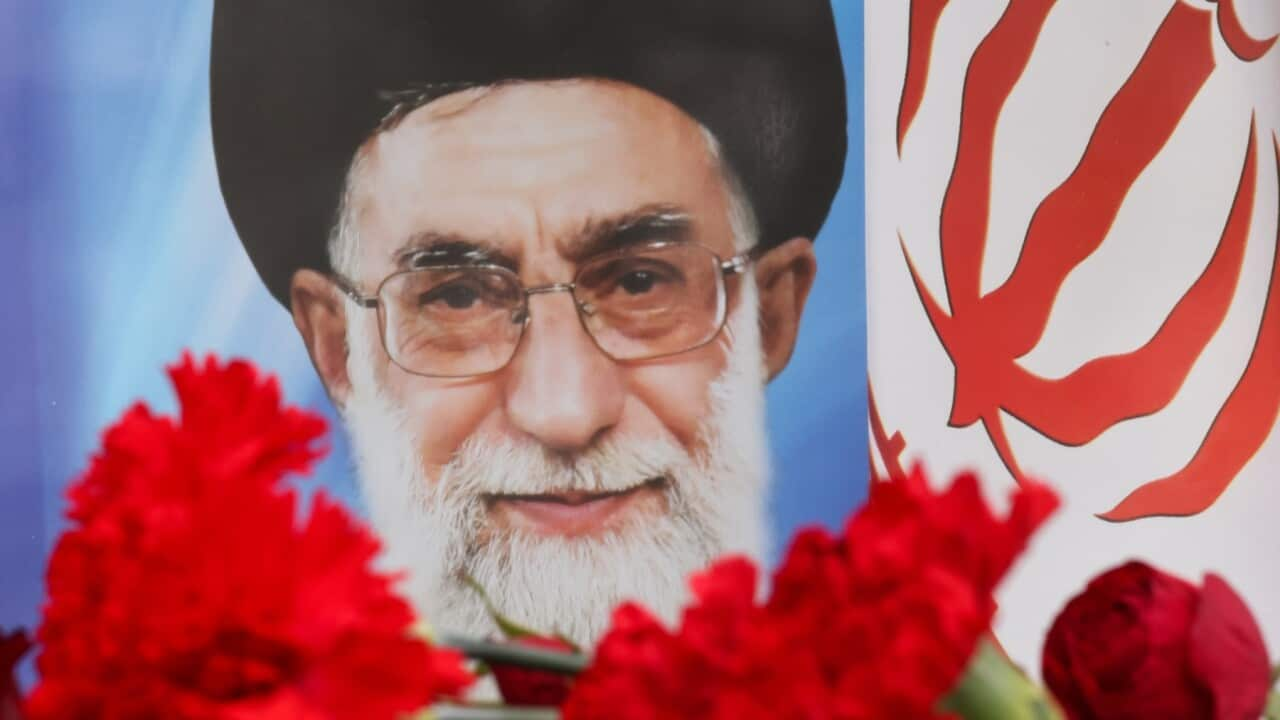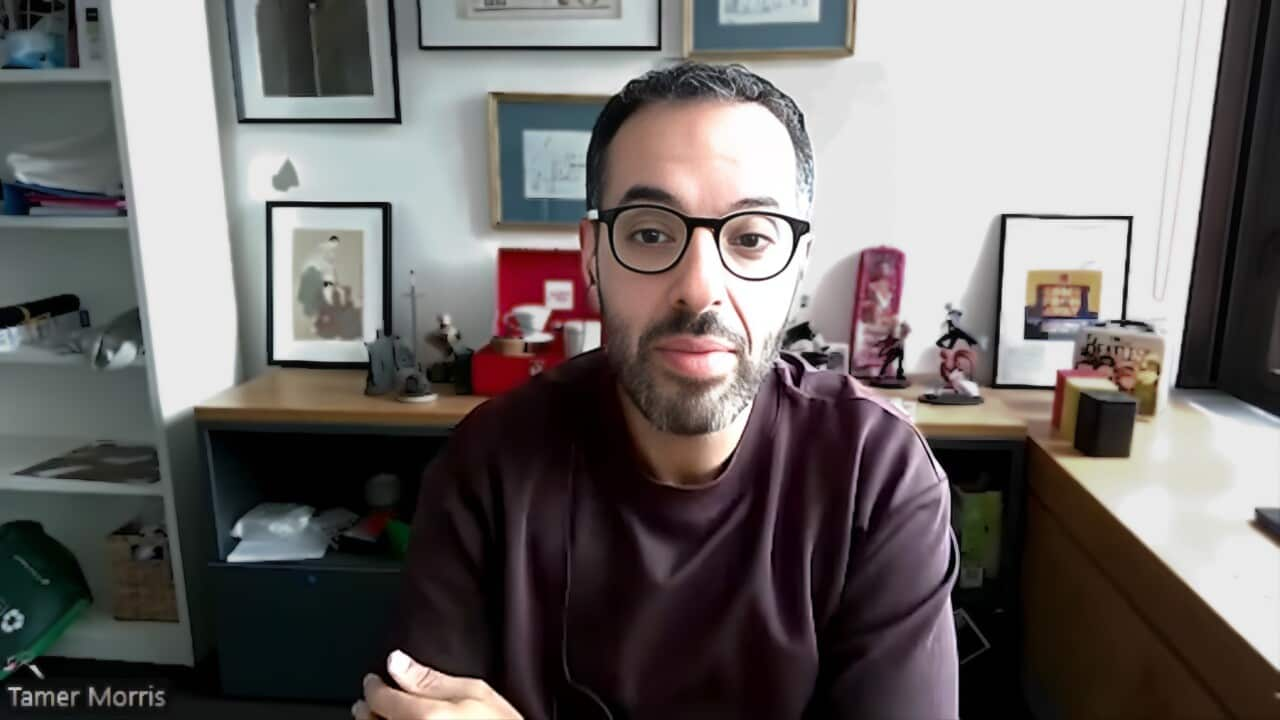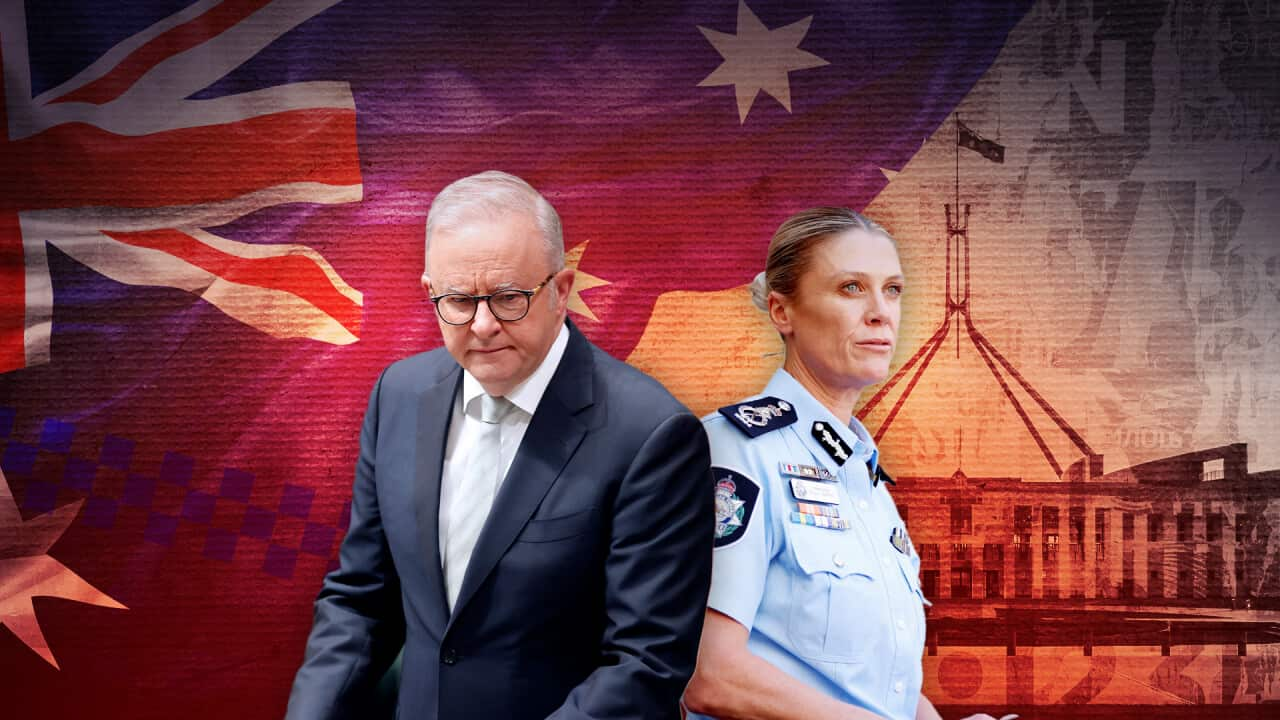Listen to Australian and world news, and follow trending topics with SBS News Podcasts.
TRANSCRIPT
"The lack of Western and European money going into Southeast Asia is a real problem."
That's Grace Stanhope from the Lowy Institute.
"We're projecting a 20 per cent drop in bilateral foreign aid to the region by 2026."
The third edition of the think tank's Southeast Asia Aid Map has found China leads the development race in Southeast Asia, boosting its financing in 2023 after reducing its development spend in the region by 68 per cent over five years.
The regional superpower favouring market-rate loans for infrastructure projects, with rail ventures in Indonesia and Malaysia accounting for most of the annual increase.
But it's the loans to the region's poorest countries, like Myanmar, Laos, and Cambodia that have some concerned.
Ms Stanhope says the reduced competition is leaving few options other than taking on China-funded debt.
"These countries have far less options in terms of other development providers, and also far higher development needs, so there's really, there's very little option for them. Increasingly, these countries have little room to manoeuvre in their negotiations."
Globally, a third of developing nations spend more on interest repayments than health each year.
Executive Director at the Asia Pacific Development Diplomacy and Defence Dialogue, Melissa Conley Tyler doesn't want that to become the case in Southeast Asia.
"In our region, thankfully, debt has not been as much of an issue, and I think we want to keep it that way. We don't want countries in the Indo Pacific to be heavily indebted. That's a huge problem if countries can't provide the services that they need to their citizens because they're paying back debt, which is usually at very, very high interest rates."
The full impact of ongoing aid cuts is yet to be seen in the region.... with the US cutting its aid spend by more than 80 per cent this year, and the UK planning to redirect billions in foreign assistance towards its defence budget.
Ms Conley Tyler says some of that has already been felt.
"We know that the first deaths because of the US A-I-D cuts happened in Southeast Asia. It was in hospitals on the Myanmar border, where refugees who were fleeing the conflict."
The Lowy Institute says that will result in the "centre of gravity" shifting in Southeast Asian development financing, with China, Japan, and South Korea making up most of the financing.
Australia increased its aid to Southeast Asia in 2023, with Labor committed to raising its international assistance budget annually in line with inflation.
Speaking at the ASEAN Leaders Summit earlier this month, Foreign Minister Penny Wong reaffirmed Australia's commitment to the area.
"We now dedicate 75 cents of every Australian development dollar to our region, the Indo-Pacific. And our response to others reducing their funding has been to pivot and reprioritise, ensuring we respond to the most acute needs."
Conley-Tyler says its critical for Australia to maintain that focus.
"If you have a failed state on our doorstep, if you have a pandemic or animal diseases, if you have climate migration, all of those things are going to matter greatly to Australia. We would, of course, prefer to live in a region that is secure and stable and prosperous. And so the money we put into things like our development assistance is helping on our national interest in that."













